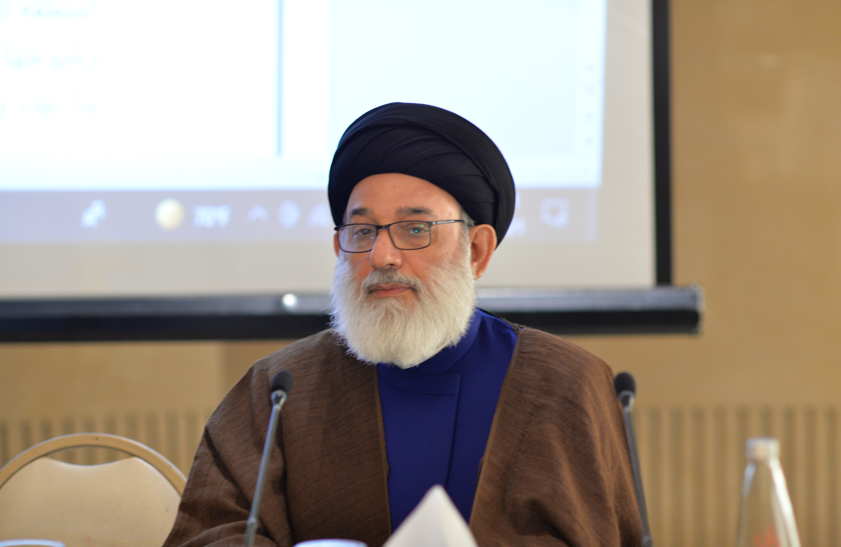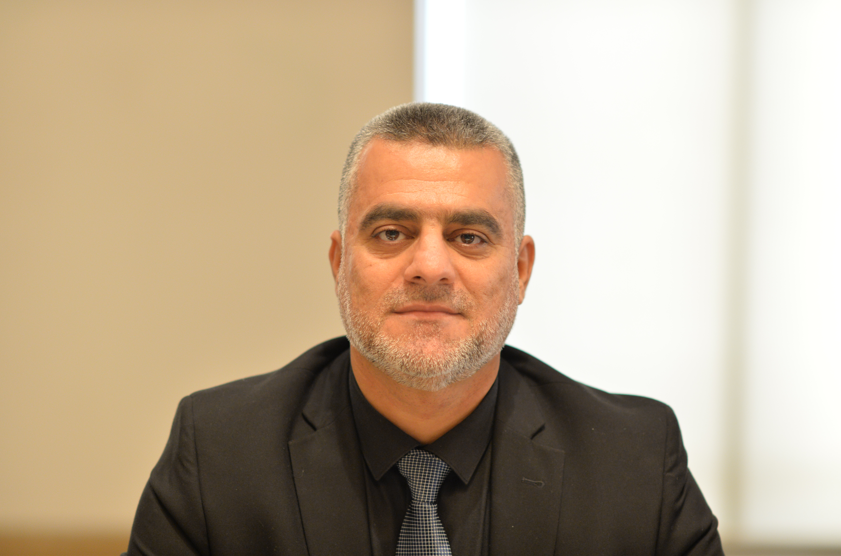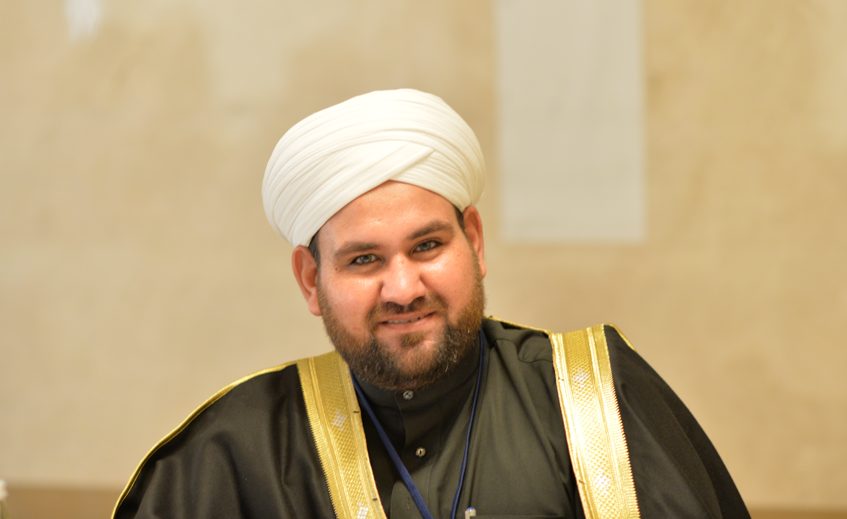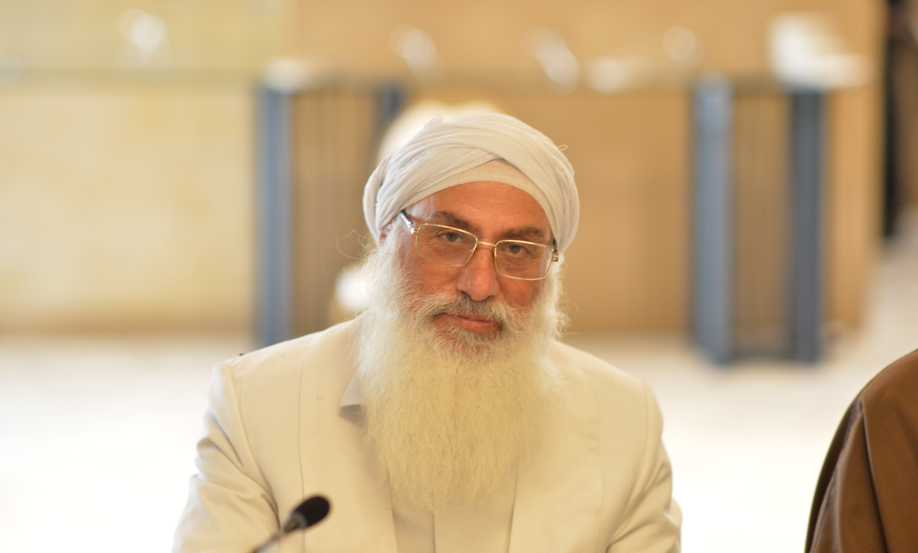On the International Day of Human Fraternity and the World Interfaith Harmony Week
Iraq an Example of Working Towards Fraternity Through an Ecumenical Initiative
Accepting difference, accepting others, respecting different cultures, religions and beliefs aiming at consolidating the culture of human fraternity. Promoting interreligious and intercultural dialogue for the sake of peace and social stability…
All these values are principles adopted by the Middle East Council of Churches, many international human parties and of course the United Nations. But the most important question remains: is there any real implementation of projects enhancing human values?
In fact, many national and global initiatives have contributed in strengthening the bonds of human fraternity. Hence, as a result of 2 international religious initiatives the United Nations adopted the International Day of Human Fraternity, which was celebrated for the first time in 2020 and on February 4th of each year.
One of these initiatives is the historical document “Human Fraternity for World Peace and Living Together”. It was signed by His Holiness Pope Francis and His Eminence The Grand Imam of Al-Azhar Ahmad Al-Tayyeb in Abu Dhabi on February 4, 2019; making it according to the introduction of the Document “…a joint declaration of good and heartfelt aspirations. It is a document that invites all persons who have faith in God and faith in human fraternity to unite and work together so that it may serve as a guide for future generations to advance a culture of mutual respect…”
As for the second initiative, it was an extension of this human fraternity document. His Holiness Pope Francis communicated his third encyclical “Fratelli Tutti”, which means “We Are All Brothers”, and signed in on October 3rd, 2020, on the eve of Saint Francis of Assisi, in the Italian city of Assisi.
We can also mention the apostolic visit of His Holiness Pope Francis to Iraq in March 2021, aiming at promoting human fraternity and dialogue and working for peace building. HH. met with various Iraqi religious and cultural leaders and with the Iraqi citizens representing all sects. Thus, the visit constituted a glimmer of hope amidst the wars and fights that Iraq passed through.
Iraq remains an example of the wounded Middle Eastern countries, but clung to the hope for change towards a fraternal future despite all the changes, developments, and regional and international polarizations that have impacted the region.
In the same context, the World Council of Churches, in cooperation with the Middle East Council of Churches, organized new consultative sessions as part of the 2017 conference held in Beirut under the title "Interfaith Consultation of Social Cohesion in Iraq". These sessions came during a second conference held under the same title in Beirut from December 13 to 15, 2021, with the participation of 40 representatives of religious authorities and leaders of various Iraqi religions, congregations, and ethnic group.
On the International Day of Human Fraternity, it is worth highlighting the most prominent point of views of some of the participants in this fraternal conference, during which they discussed all the available ways to build bridges between Iraqis. So what were their expectations? and how do they reflect the Iraqi society?
His Eminence Sheikh Rahim Abou Ragheef
His Eminence Sheikh Rahim Abou Ragheef, President of the Moderation Forum for Thought and Culture stressed on the importance of dialogue, and said that “dialogue leads to convictions between the two parties, so we move from enmity to antagonism and thus from antagonism to its abolition. Therefore, we must continue the battle of goodness, which is led by good words and thinking, especially since humans are wired for goodness.”
He added “we need to have a better communication with the other, promoting love among people. What we want is to spread the culture of love, friendliness and peace, not a culture of violence and refusing the other.”
Dr. Ali Bakht Al Tameemy
As for Dr. Ali Bakht Al Tameemy, President of Ufuq Organization For Human Development, Executive Director of the Alliance of Iraqi Minorities, and researcher in transitional justice and anthropology, considered that the Interfaith consultation on social cohesion in Iraq constituted “a door to tackle important issues for Iraq and the region, especially as Iraq is considered as one of the most important countries with its civilizational heritage, presence and culture, ethnic and religious diversity.”
He added, "diversity needs management and institutionalization. The conference helped us learn how to face together violations, especially since participants from all Iraqi sects and components attended."
Dr. Ibrahim Brazanchi
Dr. Ibrahim Brazanchi, Representative of the Ministry of Endowment in the Kurdistan Region said that the consultations in which they participated are "necessary to overcome obstacles, especially as they contributed in bringing together the views of all religions."
As for future projects following the Iraqi conference, he said, "I will implement a special program in the ministry through its affiliated institutions by preparing cooperation agreements with the World Council of Churches and the Middle East Council of Churches and new institutions. I will also seek to hold workshops aiming at promoting the culture of acceptance of others, interfaith dialogue and social cohesion."
His Eminence Sheikh Mohammad Al-Faisal
His Eminence Sheikh Mohammad Al-Faisal, member of the Suleiman Council of Iraq and imam at Al- Siddiq Mosque, highlighted the positive aspects of the Iraqi consultation and said, "we listened to different opinions from all components, without one speaking on behalf of the other, but each component expressed itself. The conference provided the opportunity to prepare joint projects that lead to a common Iraqi vision build on diversity, tolerance and communal harmony."
Mr. Faris Keti
In the same context, Mr. Faris Keti, advisor of the Yazidi Spiritual Council mentioned that the conference “constituted a starting point since we need to prepare continuous work mechanisms. In the Yazidi religion we have ongoing work to enhance mutual respect, diversity and coexistence in Iraq. Noting that minorities are usually initiated in the promotion of these principles hoping that other Iraqi components will also contribute in achieving the desired goals.”
His Eminence Sheikh Satar Jabar Hullo
As for His Eminence Sheikh Satar Jabar Hullo, head priest and spiritual leader of the Sabaean-Mandeans in Iraq, he proposed some solutions towards a better fraternal future and said, "media must shed light on all religious components. As well as, citizens should have the opportunity to build a better Iraq, each one according to her/his specialization."
He also tackled the concept of extremism which “kills the society and every peaceful coexistence or idea that calls for dialogue and love. Therefore, we must face extremism by drying up its sources, without allowing external sources to impose on us what they want. As Iraqis, we should build our own culture of peace.”
Mr. Assi Kareem Rajab
In this context, Mr. Assi Kareem Rajab, representative of the MEYHRA organization for YARANI culture and development stressed on the importance of the media’s role and said, “in our societies we should focus on the media discourse, especially social media, being aware of the fake news, and choosing smooth and understandable techniques to communicate the messages.”
Ms. Awat Tayeb
Ms. Awat Tayeb, representative of the Zoroastrian community, said "we learned a lot during the Iraqi conference because it sought to spread a culture of coexistence and acceptance of the other, and highlighted the importance of the media's role in consolidating these principles.”
The conference aimed to follow up on recommendations of the first conference and discuss the emerging challenges and future prospects for social cohesion in Iraq. The discussions centered on three key issues with direct impact on social cohesion in Iraq and are the constitutional and legal reality, education and media.
Participants agreed on many principles that would be the basis for joint action between them, and are human dignity, a civil state that protects the rights of everyone, promotes the principle of citizenship, and embraces diversity, countering hate speech and extremism, accountability, justice, and fighting corruption, and the Human Fraternity document, the Pope's visit to Iraq, and the meeting with prominent religious leaders.
In fact, the International Day of Human Fraternity represents this year an international call to end violence and hatred hostile speeches… and reminds us of our fraternity no matter our nationality, ethnicity, society or religion.
All these principles constitute goals that the World Council of Churches and the Middle East Council of Churches have been striving for its achievement since their establishment, because together we stand, walk, work for peace building and build bridges, aiming at enhancing the values of brotherhood, dialogue and solidarity among all human beings.
Communication and Public Relations Department











